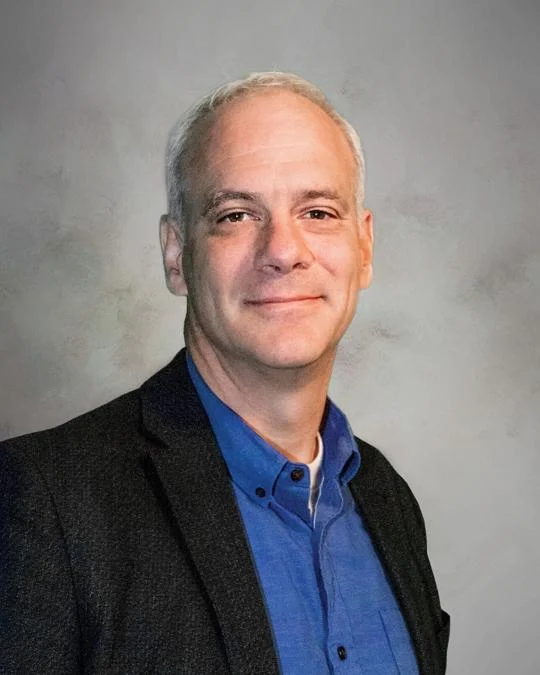INDIANAPOLIS—With the nation’s growing mental health crisis, Indiana is working to address the problem through programs and increased funding.
The Indiana Family and Social Services Administration is providing new funding through its Division of Mental Health and Addiction. The funding comes from the House Enrolled Act 1001, the federal American Rescue Plan Act, and other sources.
Dr. Rusyniak, M.D. Â Photo by FSSA.
“One serious, lingering result of the COVID-19 pandemic that has been widely recognized by experts all over the country is a worsening of our mental health crisis,†said Dan Rusyniak, M.D., FSSA secretary. “This major infusion of funds, spread throughout Indiana, will provide more access to mental health care, expand the mental health workforce, and invest in our state’s mental health infrastructure.â€
The largest investment in Indiana’s mental health is through the Community Catalyst Grants. These grants provide $54.8 million and include $22.3 million of local and grantee match dollars and $32.5 million in federal funds. These grants will be provided to 37 recipients.
The goal of these grants is to provide access to mental health prevention while enhancing the quality, treatment, intervention, and recovery services provided throughout the state. Some of the notable recipients include:
·  Dove House, to expand its inpatient and outpatient substance use disorder treatment for women in Marion and Dubois counties
·  La Porte Community Resource Intervention’s substance use, instability and suicidal support outreach program, for the formation and development of outreach teams as well as a crisis intervention team and cultural competency training for law enforcement officers
·  The Marion County Reentry Coalition for a holistic model using public defenders and the criminal justice system to help Hoosiers with mental health challenges as they reenter society
·  Courageous Healing in Allen County for a program to provide mental health treatment to uninsured and underinsured people
DMHA is partnering with the private sector, health care system, and other philanthropic organizations to support grassroots programs with funding, grant programs, and working to provide mental health care in pediatric care.
One of the ways Indiana is working to improve children’s mental health care is by entering an $8 million partnership with Riley Children’s Health. The funding will help provide mental health services to children by incorporating them into pediatric care and removing barriers to access to these services. The agreement includes $4 million in matching funds from Riley Children’s Health
Other mental health funding includes:
·  $27.6 million in workforce stabilization grants to community mental health centers around the state
·  $4.4 million was provided to the Indiana University School of Medicine to fund psychiatrist residency (training) slots, and fellowships for psychiatrists, and internships for psychology students.
·  $15 million in grants to help Indiana’s community mental health centers transition to the new Certified Community Behavioral Health Clinic model.
The federal government is also addressing mental health, as they have changed the suicide hotline number to 988, making it easier to remember and quicker to dial. The old 800-273-TALK option will still work.
As of now, the hotline will connect those in need to a trained crisis specialist, but Indiana will eventually improve the service to include a response team that has locations for people to receive help. It’s estimated this expanded service will be available in the next seven to 10 years.
FOOTNOTE: Zachary Roberts is a reporter for TheStatehouseFile.com, a news website powered by Franklin College journalism students.Â






